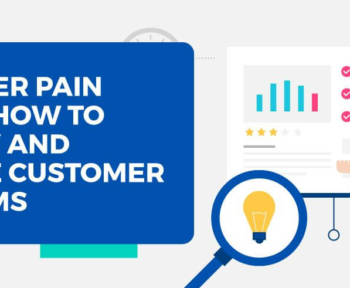Page Authority (PA) is a score developed by Moz that estimates how well a particular page ranks in search engine results pages (SERPs). Page Authority scores scale from 1 to 100, with higher scores corresponding to higher ability to rank in search engines.
“Website Authority” is an SEO concept that refers to the “quality score” of a given web page.
referred to as the “Page Authority”, not to be confused with the Domain Authority (DA) metric from Moz. When we talk about domain authority, we are talking about a general SEO concept that is synonymous with “Website Authority”.
The video above explains what is Domain and Page Authority.
Table of Contents
What is the purpose of the Page Authority score?
PA is determined using a 100-point logarithmic scale. The higher the PA score, the easier it is to rank the page.
Page authority is also a comparative metric that allows the website to analyze how it works in relation to its competitors.
It is basically based on three criteria or purposes:
1. How much trust the page?
Pages with low-quality content and unreliable spammy links do not increase page authority. Focus on high quality at every level of your web page.
2. How much do your links contribute to the page?
Filling your page with links is good, but if they are irrelevant to your content and add less value they will not positively affect your page authority score.
3. How recent was the last update?
If your page is out of date and neglected it will be ranked. Frequent updates on the other hand positively affect crawl demand. Learn about Domain authority (DA) from here.

Tips to Improve Your Page Authority (PA) score
While page authority is comprehensive and influenced by many factors, there are some things you can do to indirectly improve your page authority. Some of these are:
1. Quality link-building
Quality link building is always essential for good SEO. Approaching companies with a similar focus or mission can help the page identify its authority and its legitimacy.
The quality to link depends on a number of factors:
- What are the types of external links
- No-follow attributes (No-follow vs Do-follow)
- The page where an external link is placed
Keep these points in mind when creating so as to enhance your own page authority.
2. Update the content regularly
The easiest way to increase your page authority is to keep your pages relevant by updating your pages regularly with new content. Learn about content marketing
3. Delete any spammy blog comments
Spammy blog comments with poorly linked links can adversely affect page authority.
Pages can be targeted with this black hat SEO technique in an attempt to reduce the authority of the pages and their ranking in the SERPs. Be vigilant to reverse the effect and delete these comments.
Conclusion
Google’s consistent message is “Create pages primarily for users, not for search engines” and very little is known about how search engines measure the authority that supports that philosophy. Mathematical algorithms that determine page authority to prevent website owners from attempting to manipulate search results are highly protected secrets, but there are some factors that affect whether the post appears on the first page of the results.
How likely a web page is to appear. The first and perhaps most important factor is Page Authority, a numeric value that reflects the number of high-quality web pages that represent a particular web page. Another factor affecting Page Authority is the domain hosted by the article. For example, an article posted on the domain of the most popular news organization is more likely to be sent on page authority than the same article posted on an abandoned WordPress blog.
Hope! You find this article useful. Don’t forget to share, subscribe and leave Your positive comments in the description below. Thank You.





